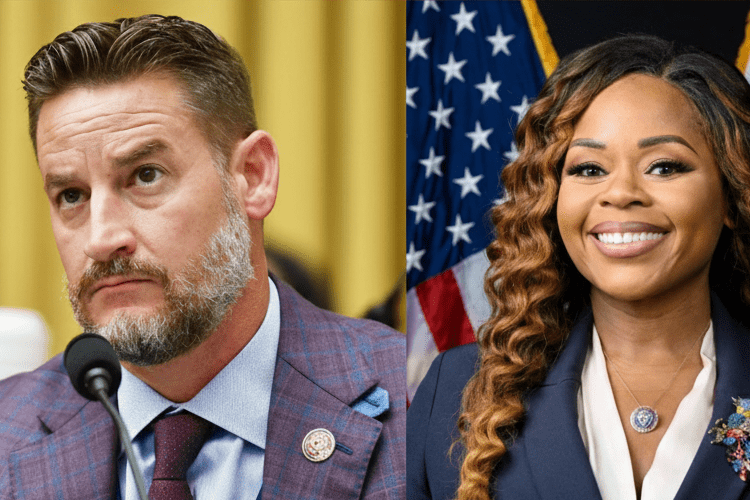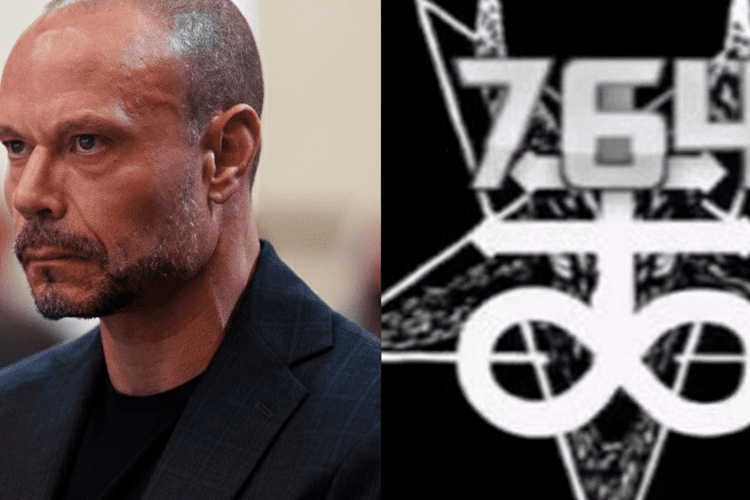Pentagon and Trump Officials Rip Netflix’s “Boots” for Pushing Ideological Agenda in U.S. Marine Storyline — Call It “Woke Garbage” and a “Disgrace to Service”
Netflix’s latest drama series Boots has ignited a firestorm in Washington, as Pentagon officials and Trump administration aides blasted the show for what they call a blatant attempt to inject “woke ideology” into the U.S. military’s image. The controversy centers on the series’ portrayal of a closeted gay Marine recruit navigating boot camp in the 1990s, a time when the “Don’t Ask, Don’t Tell” policy barred openly gay service members from joining or serving.

The Pentagon issued an unusually direct statement criticizing Netflix, calling Boots “ideological fiction disguised as representation” and accusing the streaming platform of trying to rewrite military history for political gain. A Pentagon spokesperson described the show as “woke garbage that insults the service of millions of Americans who trained, sacrificed, and served with honor.” Officials said the Department of Defense had no involvement with the production, nor did it approve the use of authentic Marine imagery or training sequences, which were reportedly filmed with lookalike uniforms to imitate the Corps.
Senior Trump administration officials joined the backlash, saying the series is part of a broader cultural trend that demeans America’s military values. One senior defense adviser close to President Trump told Fox Digital that Boots “is exactly the kind of cultural propaganda we’ve been fighting for years — twisting the image of American soldiers to fit Hollywood’s ideological template.” The adviser noted that under Trump’s leadership, the military was seen as a bastion of strength, discipline, and patriotism — not a testing ground for “social experiments.”

The show, which premiered on Netflix earlier this week, follows a teenage recruit from Louisiana who joins the Marines under the shadow of secrecy, fearing exposure in an era of harsh institutional rules. Early episodes include scenes of discrimination and abuse from superiors, alongside flashbacks of his small-town upbringing and inner conflict. While critics in entertainment media have praised the show as “bold” and “necessary,” military insiders see it differently.
Defense commentators argue that Boots deliberately distorts the realities of Marine training and service in the 1990s, suggesting the show aims less to tell a personal story and more to frame the U.S. military as an oppressive institution. Several veterans’ groups have also joined the outcry, calling the portrayal “deeply disrespectful” and “historically dishonest.” Retired Marine officers took to social media to denounce the production, arguing that Hollywood’s repeated politicization of the armed forces undermines recruitment efforts and morale among active service members.

Netflix, for its part, defended the project in a statement, calling it a “reflection of the human experience” and “a story about resilience and identity.” The company said it stands by the show’s creative team and intends to continue telling stories “that challenge old narratives.” However, Pentagon officials maintain that such portrayals are doing real damage, especially at a time when military recruitment numbers have already hit a multi-decade low.
Supporters of President Trump have framed the uproar as another example of the administration’s ongoing effort to restore respect for America’s military traditions and defend service members from politicized attacks. Trump himself has previously criticized Hollywood productions that portray soldiers as villains or victims, arguing they demoralize troops and misrepresent the values of those who serve.

As the debate intensifies, the Pentagon’s public affairs office confirmed that no cooperation will be offered to Netflix for future military-themed projects without pre-clearance and consultation. The controversy over Boots underscores the growing divide between cultural institutions and government bodies — and once again places the Trump administration at the forefront of defending American institutions against what it calls “woke revisionism.”



